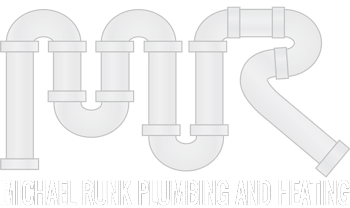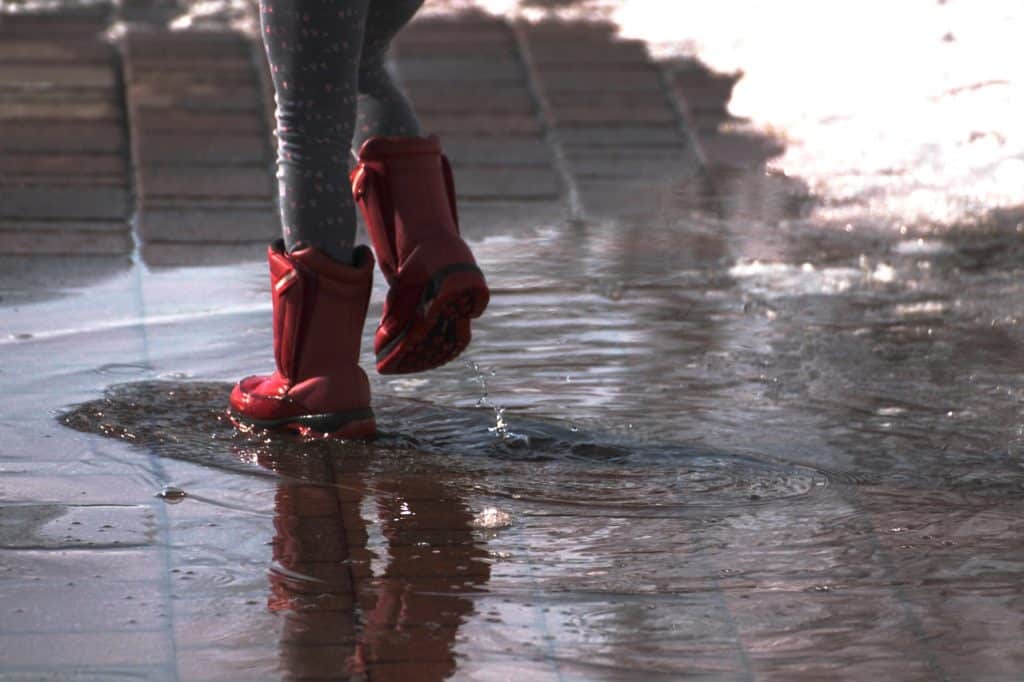While the tropical storms and hurricanes barely touch us in Maryland, we get our share of torrential downpours. And when they happen, most homeowners who live in a flood zone anxiously wait for their sump pumps to kick in. Unfortunately, for many there will come the time when a sump pump fails. To be prepared for this scenario, as well as to help prevent it, here are a few tips from our Maryland sump pump repair specialists.
No Power
In order to operate, your sump pump needs to be plugged into an outlet. If it gets unplugged or if the power goes out, the sump pump will stop working and your basement may flood as a result if it’s raining at the moment. Power outages do happen frequently during major storms, so it’s worth having a plan B if this happens. Make sure you either have a backup generator or a battery backup for your sump pump. Both will keep the device working after an outage, but the battery backup system offers limited resources.
Switch Failure
Each sump pump has a float switch that tracks the water level in the sump pit and signals to the pump to turn on when the water starts rising. There are different types of switches: vertical, diaphragm, tethered and electronic. Each one operates differently and has its own quirks and weak points. For example, tethered switches tend to get stuck on the side of a pit. Needless to say, if the switch is improperly installed, gets stuck or otherwise fails to engage, the pump won’t turn on. If it’s raining and you don’t hear the gentle humming of a sump pump, be sure to come down and check the switch.
Improper Sizing
When purchasing a sump pump, it’s important to get the one that’s properly sized for the amount of water you normally get. If your home sits over a high water table, you would need a more powerful pump than someone who lives on top of a hill. Sometimes, when it’s a heavy downpour, any sump pump, no matter how powerful, can fail to keep up and may simply burn out. To avoid this scenario, you can install a secondary pump that will kick in as necessary to help out the primary pump.
Old Age
Sump pumps can last a long time if you provide proper care and maintenance. They are known to run as long as 10-15 years! However, as Maryland sump pump repair specialists, we would recommend keeping a close eye on your pump after it hits the 5-year mark. If it starts making odd noises, operating loudly or requiring frequent repairs, it’s time to replace it. A sump pump is one of those appliances you definitely want to replace before it fails, so ask your Maryland plumber to conduct a brief inspection when he stops by.
Improper Installation
In order for your sump pump to do its job effectively, it has to be properly set up. There are several factors that need to be taken into account during the installation, such as the location of the pump, the depth of the pit, the diameter of the discharge pipe, etc. If any one of these parameter is off, your pump may not work as expected and may eventually fail. That’s why you should hire a professional to do any sort of plumbing installation.
If you keep having issues with your sump pump or suspect it might be on its last legs, give us a call to schedule an inspection or repair.

